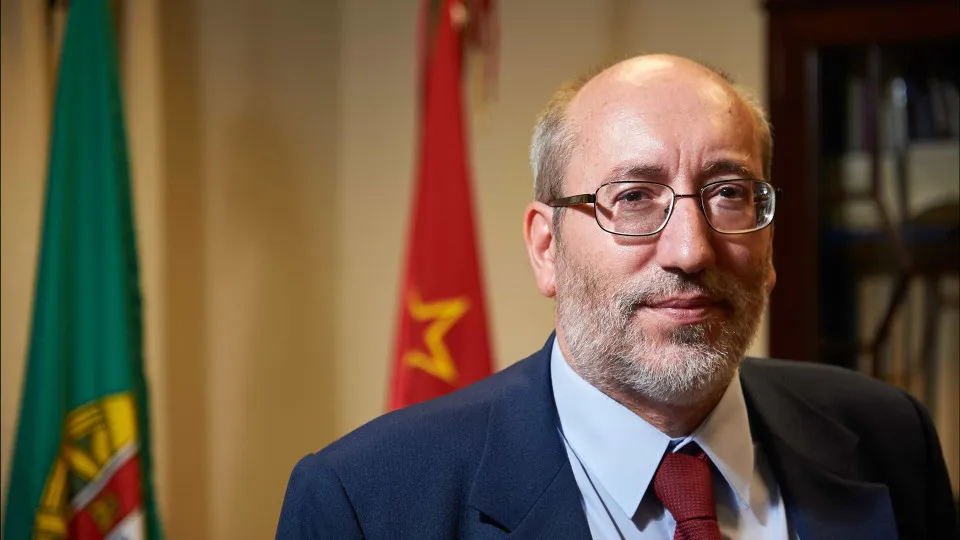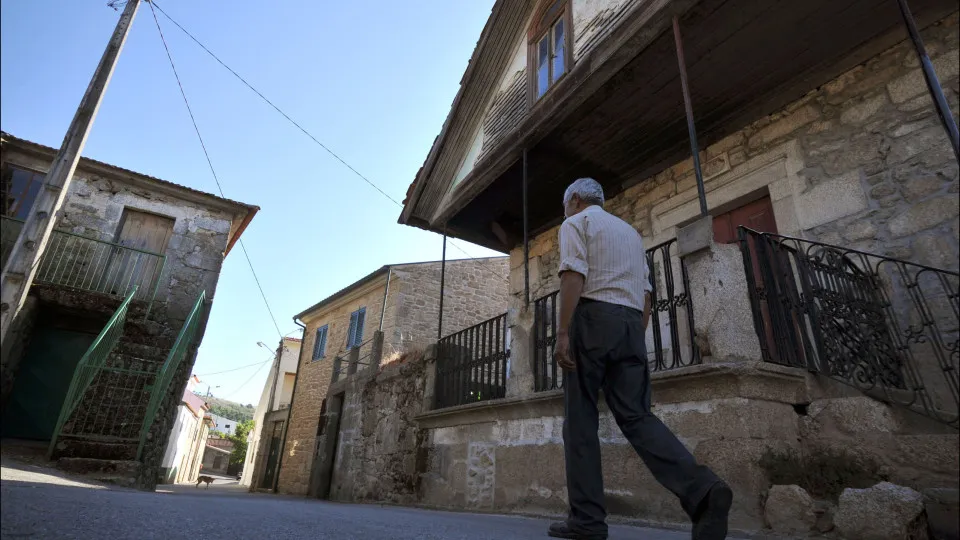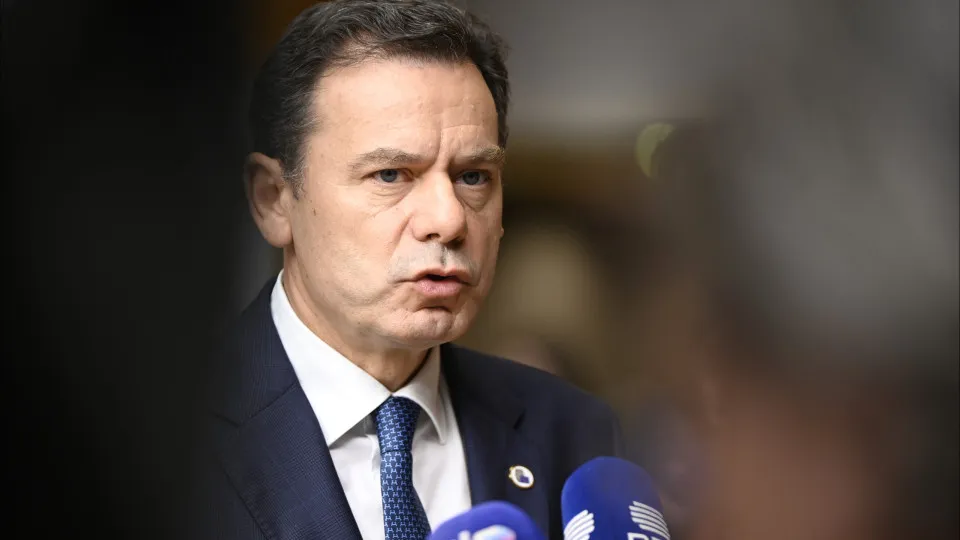
“What was needed was more voting locations. Where it was possible to ensure plural supervision of the electoral act, it should be possible to open voting assemblies (…) in Portuguese associations,” stated António Filipe to journalists before a lunch with supporters.
Filipe asserts that “there are many Portuguese associations closely linked to the community and it would be possible to have some collaboration from local municipalities (…) so that people do not have to go to the consulate or the embassy to exercise their right to vote.”
The candidate was speaking at the end of a pre-election campaign trip that included stops in Geneva and Paris, where he sought to encourage electoral participation “considering the specific nature of this election, in which, unlike legislative elections [when postal voting is an option], physical presence is required.”
In his interactions, particularly during visits to Portuguese associations and businesses in the three European cities, he reported hearing concerns about Portuguese education abroad, difficulties in motivating young people to learn Portuguese, and complaints regarding consular services and the taxation on pensions applied to emigrants returning to Portugal.
António Filipe reiterated the importance of the President of the Republic regularly contacting Portuguese communities to address the challenges faced by “compatriots that require political or legislative intervention in Portugal” and expressed openness to creating a specialized advisory position in this area.
Filipe spent only a few hours in the British capital, where, after distributing flyers, he had lunch with around twenty supporters before returning to Lisbon.
“This tour had to be very tight because the campaign schedule is very tight, we are now in the phase of television debates and, therefore, it is more difficult to be far from Lisbon for an extended period,” he explained.
The presidential elections are scheduled for January 18, 2026.
In addition to António Filipe (supported by the PCP), candidates include Luís Marques Mendes (supported by the PSD and CDS-PP), António José Seguro (supported by the PS), André Ventura (supported by Chega), Henrique Gouveia e Melo, Catarina Martins (supported by the BE), João Cotrim Figueiredo (supported by the Iniciativa Liberal), and Jorge Pinto (supported by Livre), among others.




